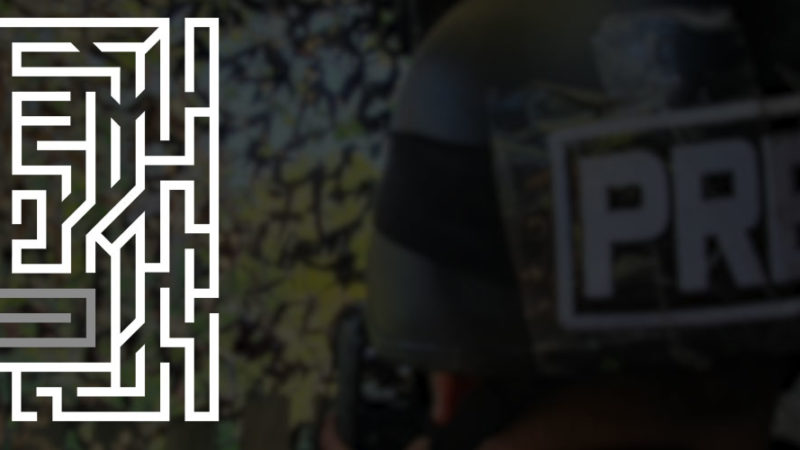Interview with war reporter Bud Wichers
After 13 years of civil war, the regime of Bashar al-Assad in Syria has fallen almost without a fight. The
rebel HTS (Hayat Tahrir al-Sham) has taken power and is trying to make a peaceful transition. In the
meantime, the US, Israel and Turkey are bombing places that are strongholds of ISIS, the Kurdish party
or places that are suspected of having remnants of chemical weapons used by Assad. In this episode, we
talk to war reporter Bud Wichers from the Netherlands who has been reporting from Syria since the
very beginning of the uprising in 2011. Wichers has extensive experience reporting from the Middle
East, and in Syria he reported from the biggest hot spots and was in contact with almost all the factions
fighting in Syria. He says it is good that the regime has finally fallen, but he is still suspicious of possible
terrorist hot spots, that is, he suspects that HTS has severed all ties with its previous “umbrella” Al Nusra
Front, which was practically the Syrian branch of Al Qaeda.
огранок на Ал Каеда.
You Might also like
-
After Albania resolved its bilateral disputes, the fight against corruption is the last step towards the EU
The arrest of the ex-President Meta, the migrant camps and the EU path of Albania in the focus of this Labyrinth.
Albania started a fierce fight against corruption - this is how Albanian citizens see the arrest of the former President, Ilir Meta. With colleague Arber Hitaj from Report TV from Tirana, we discuss the arrest and trust in the Special Prosecutor's Office. Topics of conversation were the migrant camp, as well as European integration, that is, the unblocked road for Albania and the Balkan tour of the President of the European Commission, Ursula Von der Leyen, which started right from Tirana.
After Tirana, Von der Leyen visited Skopje. From the Government, she assured the citizens that expansion remains the focus of the European agenda. Neither the President Von der Leyen, nor Prime Minister Mickoski gave a concrete answer to the question of whether the proposal for delayed implementation of the possible constitutional amendments is acceptable to the EU.
Post Views: 643 -
-
Шпанците со поддршка за признавање на Палестина, но се исплашени од внатрешнитеосцилации на крајната десница
Does Spain fear a far right blockade to their progressive aspirations?
Spain is one of the countries that recognized Palestine. In its capital, European far right had the biggest summit ahead of the upcoming European elections. These are the subjects that we discussed with the journalist Roger Persiva from Madrid, who explained the situation in Spain into detail as well as the position of the Spanish government.
The second guest in Labyrinth is the political scientist and researcher Sonya Stojadinovic. We discussed the active wars, as well as Stojadinovic’s researches regarding Chinese investments and loans on the Balkans and in Europe.
Post Views: 2,552





